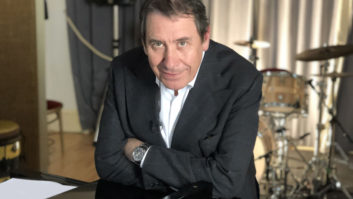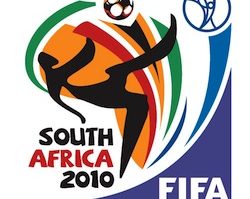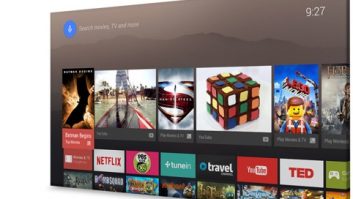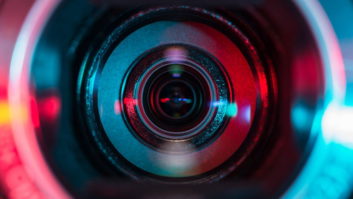All the signs from the current Oxford DVB-H mobile TV trial are positive, some impressively so — 83% of the 375 trialists were entirely satisfied, and 76% of trialists said they wanted to subscribe to the 16 channels on offer, if the price were set at around £8-£10 a month, writes Chris Forrester.
The one problem area, said O2’s Mike Short (VP for research and development) was in the supply of content that was specifically made for the mobile service. “There’s some development work still needed,” he said. “But the convenience factor of having all these channels in your hand is very high.”
Perhaps the most surprising statistic to emerge at this interim stage was that average usage was three hours per week (with 5% of triallists watching for more than 90 minutes a session). Some 32% of users came from homes still using analogue TV, which might account for this apparent popularity of multi-channel TV, even on the Nokia 7710 small screen.
O2’s category ‘champions’ also threw up some surprises. News, unsurprisingly, led the charge with 44% of users placing this highest, but so was long-form programming, with ‘soaps’ getting the No 2 slot (36% using) and documentaries (25%), showing that conventional linear shows could do well.
But Short said the most important element was having a wide number of channels available. While predictably most viewing was in the 11-20 and 21-30 minute ranges, and some 23% of users watched at work or college (and 24% while on the bus or waiting for one) the highest use was at home (36%) which Short admitted was “a major surprise”, but said more analysis was needed to see whether these users were also the ones without multi-channel TV at home.
The results seem to back up a four-month British Telecom/Virgin Mobile trial (using DAB technology) in and around London despite only a handful of TV channels being on offer along with about 50 radio stations. Satisfaction levels were similar (73%), helping BT/Virgin confirm that they’d be launching a service (‘Movio’) this summer.
Short said that while it would be useful to add digital radio to any end service on offer, this totally depended on adequate frequencies being made available by the UK’s regulatory bodies. “Ofcom and the other regulators are sympathetic, and now see DVB-H as a key development which was perhaps not the case six months ago.”
The ongoing trial, conducted with transmission specialists Arqiva and using Nokia handsets, did not include premium channels, but that could change in a real service, said Short, with Premium Sport a possibility provided rights issues could be resolved. “We are also seeing some evidence that usage is affecting newspaper reading, and with other changes in people’s consumption of media, but more analysis is needed,” added Short.
O2 said they hoped that the mobile industry could come together and collaborate on any actual service. “Preliminary discussions have started,” said Short.







